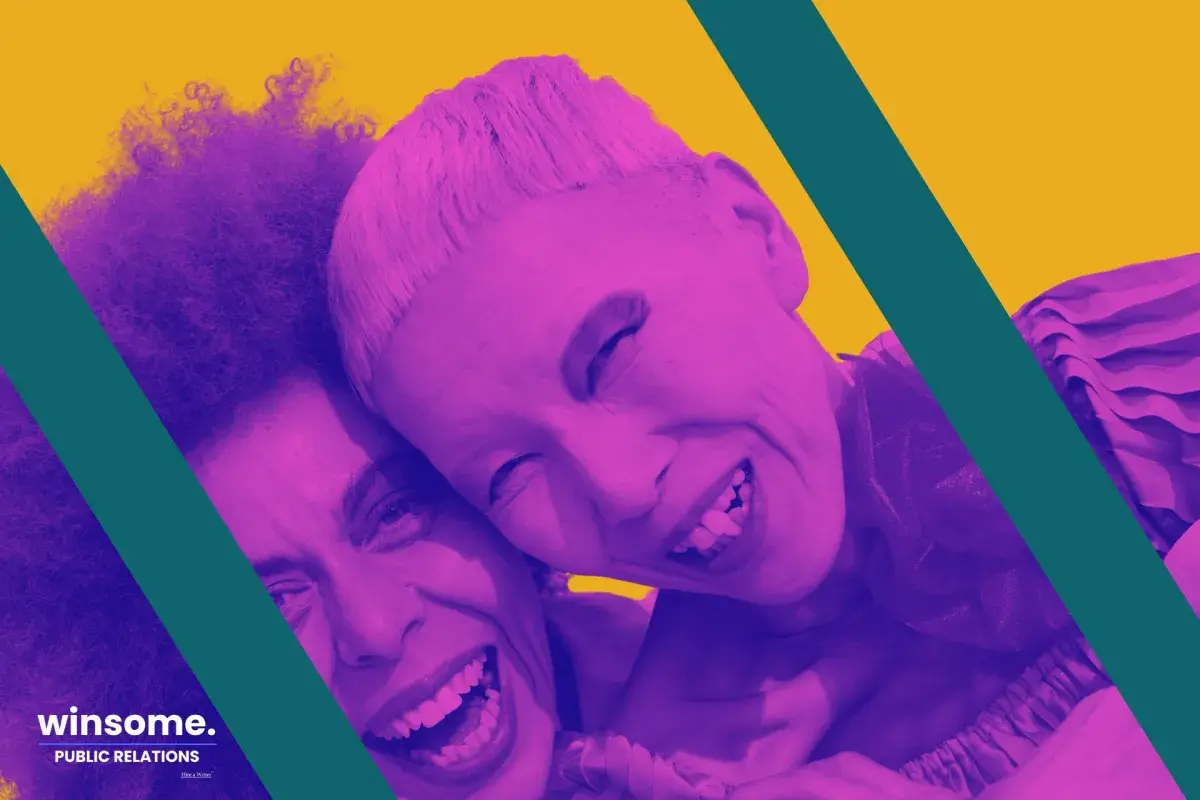
You know what's funny about Discord? Everyone assumes it's just for video game players. And sure, 90% of its 200 million active users do play games. That makes sense since the founders created it specifically to chat with friends while gaming.
But here's what's happening now: Discord has become this communication platform that combines voice chat, video chat, livestreaming, and text communication. It's not like Twitter or TikTok where you're thrown into a public free-for-all. Instead, everything happens in servers organized around topics or interests.
It's comparable to Teams or Slack. Many use it as their main way to keep in touch with friends and colleagues. The platform has grown beyond its gaming roots to host all kinds of communities, including professional networks and even political groups.
JOURNALISTS ACTUALLY LIKE THIS THING
Here's something worth noting: Discord can be remarkably effective for connecting with journalists.
You can create specialized Discord servers that work for both in-person and remote media needs. For journalists who are there, it served as a hub for updates and materials. For those working remotely, they can easily join interviews and coordinate with on-site partners through voice and video chat.
One big advantage of Discord is how customizable it is. You can create different channels with information specifically for journalists versus content creators based on their different needs. This way nobody gets bothered with stuff that doesn't matter to them.
The platform also allows for subtle promotional opportunities. While creating a Discord server costs nothing, paying for the premium tier (called Nitro) lets server owners make custom stickers that people can use in other servers. Some people use client assets to create event-related emojis that spread awareness when people use them elsewhere.
FROM SOCIAL MEDIA TO SERIOUS INVESTIGATION
Investigative journalism organizations offer another fascinating example of Discord's potential. Several nonprofits now focus on open-source research using only publicly available online resources.
Many of these groups initially did their collaborative work on Twitter. However, they faced challenges: conversations were hard to organize, and changes to Twitter's algorithm and ownership altered the platform's culture.
Discord offered them a better solution. These organizations could create different channels based on regions and develop detailed forum discussions while maintaining standards against harmful practices like doxxing.
Some journalism Discord servers have grown to tens of thousands of members. What's remarkable is that many users create accounts specifically to join these communities, downloading Discord just to be part of these investigative networks.
Members discover these platforms through various pathways, including regular event discussions and posts on other social networks. Many groups host collaborative challenges, like solving geolocation mysteries, which draw new members who work together on these puzzles.
These communities have tackled real-world mysteries with impressive results. In some cases, Discord communities have helped identify individuals in historical photos. Using maps, AI facial recognition tools, and collaborative research, they've uncovered information about events from many decades ago.
NOT WITHOUT ITS COMPLICATIONS
Experts admit that getting people onto Discord and familiar with its features presents challenges.
Adoption is the key hurdle. Discord works well in gaming because everyone already uses it there. For other industries to benefit, they would need a critical mass of users. Despite how easy it is to create an account, any barrier might make someone default to familiar tools like WhatsApp or email.
Organizations note that because many of their users aren't familiar with Discord when joining, navigation issues often arise. New users post in incorrect channels or don't read the rules properly. This contrasts with platforms like Twitter where most people already understand how things work.
As Discord communities grow, moderation becomes increasingly important. Many organizations use a combination of team members and volunteers worldwide to monitor their servers continuously, enforcing rules and removing spam to maintain a productive environment.
WORTH TRYING DESPITE THE LEARNING CURVE
Try experimenting with Discord to see its potential. Join some well-run public communities in areas that personally appeal to you. This shows how these large digital communities function effectively.
For PR professionals looking to build communities or connect with journalists in new ways, Discord offers unique possibilities, especially if the audience already uses the platform. The customization options and various communication methods provide flexibility that traditional social media platforms might lack.
While getting started might require some adjustment, the potential benefits for community building and media relations could make Discord worth considering as part of a PR toolkit.
For additional information about using Discord and other platforms for PR, contact Winsome PR today.

Your PR Strategy Is Probably Ignoring the Most Important People in the Room
So here's something that nobody warned me about when I started paying attention to the media world: the person running a brand's TikTok account might...

NAVIGATING THE PR MAZE: OVERCOMING COMMON CHALLENGES
PR isn’t all sunshine and rainbows.


 Joy Youell
Joy Youell

